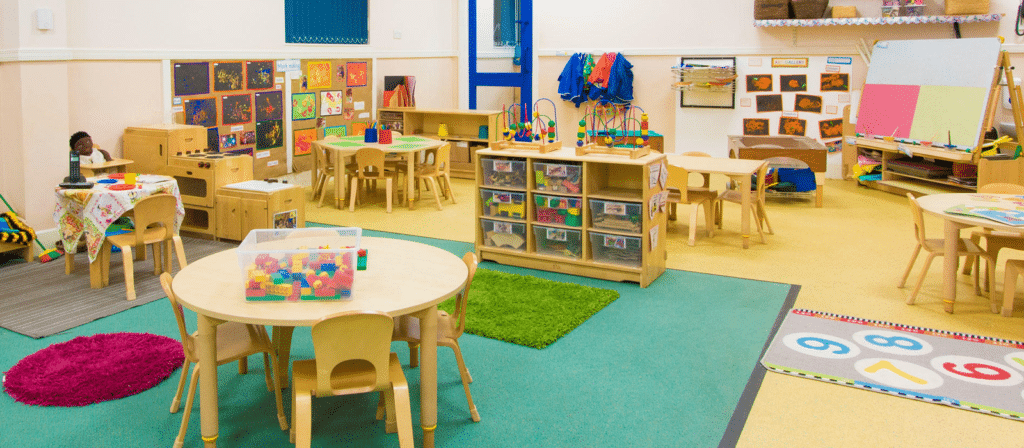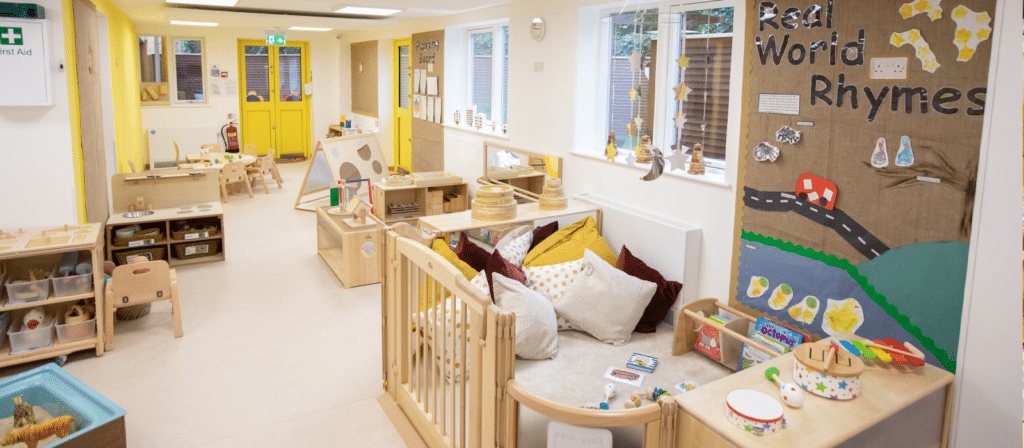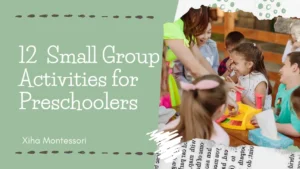Ever wondered if Montessori education has a lasting impact on children’s lives? Join us as we explore the question of whether Montessori kids truly excel in various aspects of life. Discover the potential benefits and outcomes of a Montessori education that extend beyond the classroom.
Research suggests that Montessori-educated children exhibit positive characteristics and skills that contribute to their overall success. These include strong problem-solving abilities, self-motivation, independence, and a love for learning.
The Benefits of Montessori Education
Montessori education is based on the principles developed by Dr. Maria Montessori, an Italian physician and educator. The Montessori approach emphasizes independence, freedom within limits, and hands-on learning. Children in Montessori classrooms are given the opportunity to choose their activities and work at their own pace.
Montessori education can have a positive impact on various aspects of a child’s development. According to a study published in the journal Science, children who attended Montessori schools showed better social and academic skills compared to those in traditional educational settings. Another study published in the Journal of Educational Psychology found that Montessori students demonstrated higher levels of executive functioning, problem-solving skills, and self-regulation.
Developing Independence and Self-Discipline
One of the key aspects of Montessori education is the emphasis on independence and self-discipline. Montessori classrooms are designed to promote self-directed learning, where children have the freedom to choose their activities and learn at their own pace. This approach encourages children to become independent thinkers and problem solvers.
By allowing children to make choices and take responsibility for their learning, Montessori education fosters the development of important life skills. Research has shown that individuals who have a high level of self-discipline tend to be more successful in various aspects of life, including academics, career, and relationships.
Nurturing a Love for Learning
In a Montessori classroom, learning is seen as a natural and joyful process. Children are encouraged to follow their interests and explore various subjects in depth. The multi-age grouping in Montessori classrooms allows younger children to learn from older peers, while older children gain leadership skills by helping younger ones.

This approach to learning not only helps children develop a love for learning but also fosters a sense of curiosity and a desire to explore the world around them. Research has shown that individuals who have a positive attitude towards learning are more likely to succeed academically and have a lifelong love for acquiring knowledge.
Promoting Social and Emotional Development
Montessori education also places a strong emphasis on the social and emotional development of children. Through mixed-age classrooms and collaborative learning, Montessori students learn to work and interact with others in a respectful and cooperative manner.
Research has shown that individuals who have strong social and emotional skills tend to have better mental health, higher levels of happiness, and greater success in relationships. These skills are essential for navigating the challenges of life and building meaningful connections with others.
Preparing for the Real World
One of the criticisms often raised against Montessori education is that it may not adequately prepare children for the “real world” with its structured routines and expectations. However, research suggests otherwise. A study published in the Journal of Research in Childhood Education found that Montessori students were better prepared for academic and social challenges in elementary school compared to their peers from traditional educational backgrounds.
The freedom and independence fostered in Montessori classrooms allow children to develop important life skills such as problem-solving, critical thinking, and adaptability. These skills are highly valued in today’s rapidly changing world, where individuals need to be able to navigate uncertainty and think creatively.

Conclusion:
While it’s important to note that individual outcomes can vary, Montessori education has been associated with numerous benefits that contribute to children’s overall development and success in life. The focus on academic achievement, social-emotional skills, critical thinking, and independence lays a strong foundation for Montessori kids to thrive and excel beyond their educational years. Understanding the potential advantages of a Montessori education empowers parents and educators to make informed decisions about their child’s educational journey.










